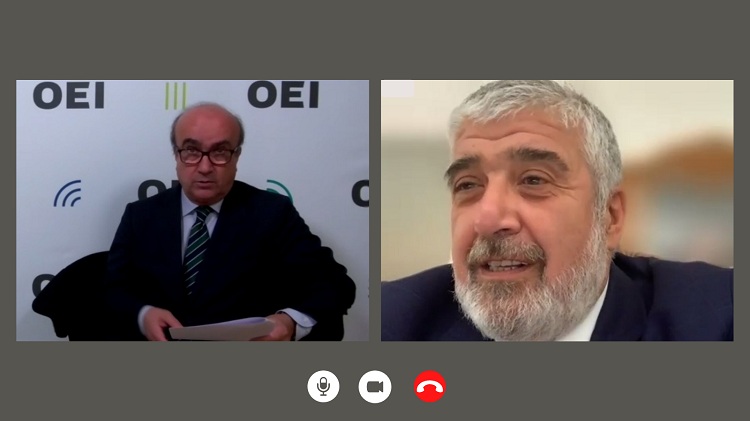The Diplomat
In 2020, 84% of Ibero-American researchers chose to publish their work in English to the detriment of their mother tongue Spanish or Portuguese, according to the report Challenges for a science in Spanish and Portuguese, promoted by the Organization of Ibero-American States (OEI) in collaboration with the Elcano Royal Institute.
The report, presented telematically on July 16 and which will be discussed next November in Brasilia during the International Conference on Portuguese and Spanish Languages (CILPE2021), is based on texts published throughout 2020 in journals on the WoS (Web of Science) platform.
Specifically, the study shows that 84% of researchers in the Ibero-American region chose to publish their work in English, to the detriment of their mother tongues. Only 3% of Portuguese researchers and 12% of Brazilians chose Portuguese. In Spanish-speaking countries, 13% of scientists in Spain published their work in Spanish, 12% in Mexico, 16% in Chile, and around 20% in Argentina, Colombia and Peru.
The document reveals, therefore, that “Spanish and Portuguese have been progressively losing importance as languages of science in the Ibero-American region”, which, according to its authors, contributes to reducing the linguistic diversity of the scientific and academic world and affects the circulation of knowledge.
During the presentation of the report, the secretary general of the OEI, Mariano Jabonero, assured that his organization is committed to the promotion of a multilingual and open science and recalled that the Ibero-American community has a population of 800 million speakers that continues to grow, so its languages have great “rich potential” in a world that is currently “monopolized by English in science”.
For his part, the president of the Elcano Royal Institute, José Juan Ruiz, regretted that “of the more than seven million articles published in scientific journals, 97% of more than 150 disciplines are written in English and less than 1% are in Spanish or Portuguese”.







